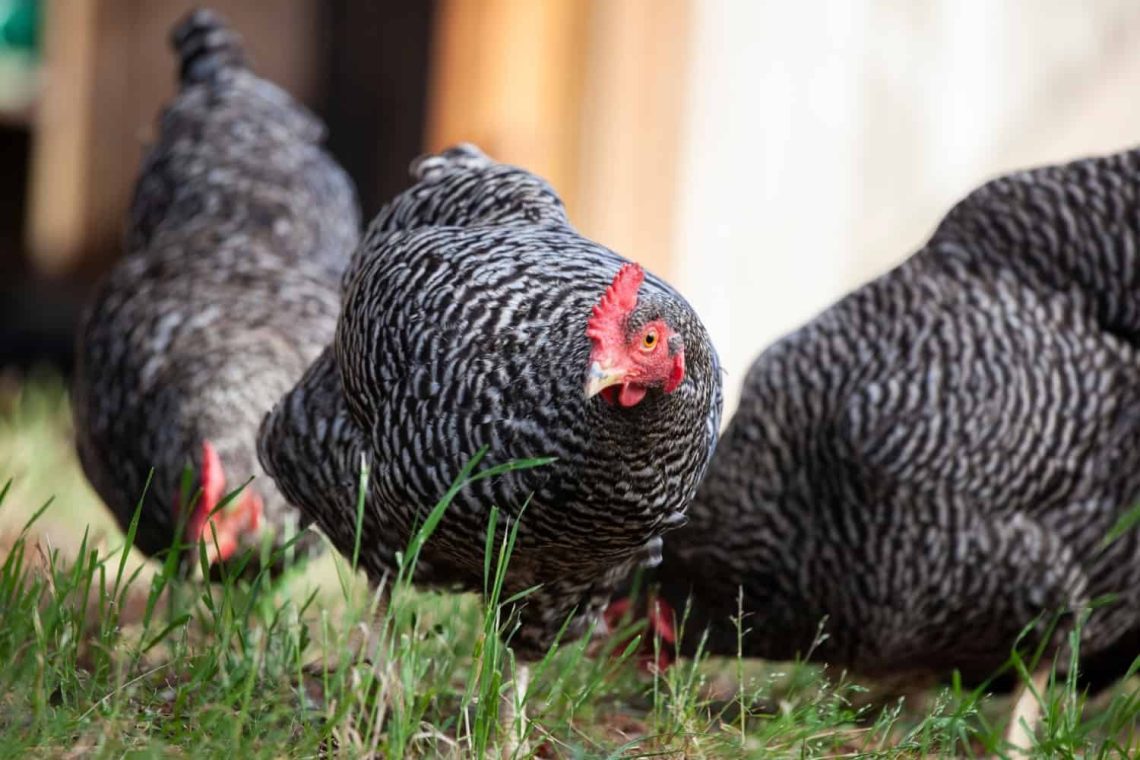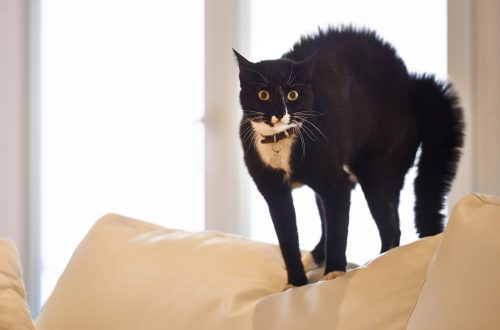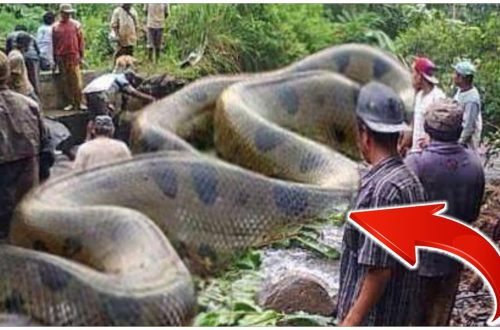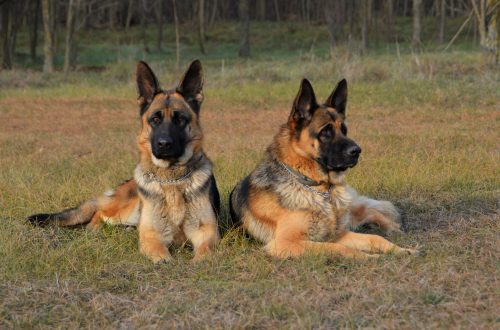
פּלימאָוטה ראַק טשיקאַנז - וישאַלט, ברידינג, דיסעאַסעס און קויפן אַפּערטונאַטיז
For a small household, a very suitable breed of chicken is the Plymouth Rock. This breed is of a general direction, it allows you to get a sufficient amount of both poultry meat and eggs. The breed is characterized by a fairly dense physique, plumage looks very beautiful. Birds are unpretentious in breeding.
ינהאַלט
אַרויס
Plymouth Rock chickens have a dense but compact build. They have a large body, broad chest and broad back. They are distinguished by a large and thick tail, the crest is high, single-row with regular teeth. This breed has yellow legs and beak. The plumage is different – black, striped, partridge and white.
If a bird has white legs, a dark beak, processes on the crest and plumage on the legs, this is not a purebred plymouth rock.
Striped Plymouth Rocks are very popular with farmers, as well as amateur poultry farmers, which have a very elegant look. White Plymouthrocks are bred in industrial poultry farms. Chicks in dark-colored Plymouth Rocks are born in black fluff, white spots on the tummy and back. The gender of the chicken is determined by the spot on the head – in chickens it is more blurry and smaller than in roosters. White Plymouth Rocks produce white chickens.
געשיכטע פון די אָנהייב פון די האָדעווען
Plymouthrock chickens bred at the very beginning of the twentieth century in America. In 1910, the signs of the breed were officially fixed. Five breeds of chickens were used in the selection process: Cochin, Langshan, Black Spanish, Javanese and Dominican. The result was a specimen that had the best features of all five breeds. The new breed was named after the place of origin – Plymouth (name of the state) + Rock (“mountain”).
Since 1911, the Plymouth Rock breed has been bred in Russia. And today, more than a century later, the breed is also popular in private farmsteads and industrial poultry farms.
The weight of an adult rooster is about 5 kilograms, chickens – about 3,5 kilograms. Individual per year gives up to 190 eggs large size, the weight of each egg is about 60 grams.
רייזינג טשיקאַנז
Plymouth Rock chicks grow fairly quickly but fledge slowly. Chicks of dark-colored birds can be distinguished by color: hens look darker.
Hatched chicks can be fed the food of adult birds, it should only be crushed more. They are given finely chopped boiled eggs, cornmeal, cottage cheese. Chickens must be given chopped greens. From the age of two weeks, it is allowed to gradually introduce compound feed into the feed, add yogurt, a feed mixture of various types of flour to the feed.
Chickens of this breed can be released into the street from five weeks of age for walking. From the age of one month, the flour in the feed is replaced by coarse grains, whole grains can be given from the age of six months.
By the end of the sixth week, the chicks are fully feathered; by six months, the hens are able to lay their first eggs.
Content of adult chickens
Upon reaching the age of six months, Plymouth Rock hens are considered adults. At this age, they are already gaining their mass characteristic of the breed – about 4,5 kilograms for roosters and about 3 kilograms for hens. At this age, they are already able to rush.
For maximum productivity, chickens need to provide a dry, fairly spacious and bright coop.
Plymouthrocks are unpretentious in food, the diet of adults is no different from the diet of chickens of other species.
A feeding scheme is recommended in which grain is 2/3 of the diet and 1/3 is food waste. Laying hens Calcium needs to be added to the diet, for growing young animals, bone meal is required.
Chickens need walking, on the street they are fed with fresh grass. If there is not enough grass in the walking area, you can use freshly cut grass.
Problems and diseases
Plymouth Rocks are not a “problem” breed. On the contrary, they are quite unpretentious, easily acclimatized, and not picky about food.
A convenient property is that the hens are “hard to climb”, Plymouth Rocks do not tend to fly over fences, so a low fence is enough to protect their walking area. Given the highly developed instinct for the development of incubation in hens, Plymouth Rocks have become a very convenient object for breeding. But in a small farm you can do without an incubator. Those who breed this breed of chickens note that this bird is by no means shy and very curious – it gets used to a person easily, comes close, can peck shoes, buttons on clothes are shiny buttons.
This breed is endowed with good immunity, but despite this, they are prone to the same diseases as chickens of other breeds. The breed does not have diseases peculiar only to them. It is important to carry out periodic inspections of all individuals and separate patients into a separate corral – quarantine. Like other chickens, they are prone to infectious diseases, parasites, injuries, and lice. Chickens and young animals are especially susceptible to diseases.
סיגנס פון חולאתן:
- feathers falling out or thinning
- reduced activity, chickens mostly sit;
- loss of appetite, weight loss;
- life inflated;
- ומרויק נאַטור.
Isolate the bird and get a veterinarian to check it out.
ווו קען איך קויפן
Despite the centuries-old presence of the breed in Russia, the best Plymouth Rocks are imported to Russia from abroad: from Hungary and Germany. Purebred Plymouth Rocks are bred in Ukraine. In Russia, these chickens can be found on the territory of the Crimea and the Central Black Earth regions. Only private breeders can find Plymouth Rock chickens in the Moscow region. The nearest breeding place for this breed from Moscow and where you can buy them is Pereslavsky district.
- The Bird Village farm, covering an area of 30 hectares, is located in the Yaroslavl region, the Pereslavl-Zalessky district. Ducks, pheasants, geese, guinea fowls, Plymouth Rock breed of chickens are bred here. They sell chickens, adult birds, hatching eggs.
- (FGUP) “Gene Fund” at the Russian Agricultural Academy. Located in the Leningrad Region, Shushary village, Detskoselsky state farm, Tel/fax: +7 (912) 459-76-67; 459-77-01,
- LLC “Ideal Bird”. Located in the city of Volkhov.





